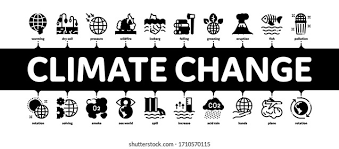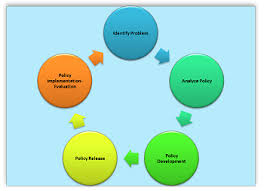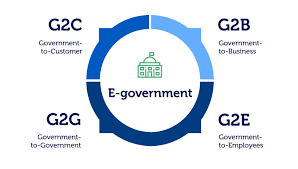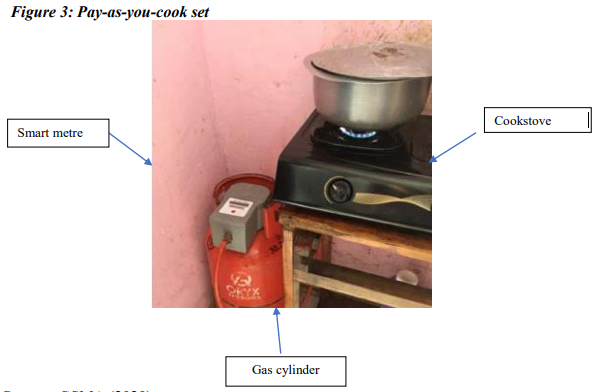Predicting Vulnerability to Climate Change among Farmers in Tanzania

Downloads
This study examined the characteristics of farmers who are likely to be vulnerable as a result of climate change, using 556 households in Tanzania. The study found that vulnerable farmers include those who: reside in the plateau zone and are characterized by large households, use drought-resistant crops; are characterized by male headed households; as well as households with heads that have high education. Using a binary logit model, the study found that there are some adaptation methods that are vital in reducing current and future poverty. Farmers who use irrigation are more likely to fall below the poverty line while farmers who use short season crops have lower likelihood of being vulnerable. Thus, the results confirm that the choice of an adaptation method matters in reducing the negative impact of climate change. Therefore, the major role that the Tanzanian government needs to occupy itself with regarding the effects of climate change on smallholder agriculture is to help farmers overcome the constraints they face in adopting appropriate adaptation methods.












